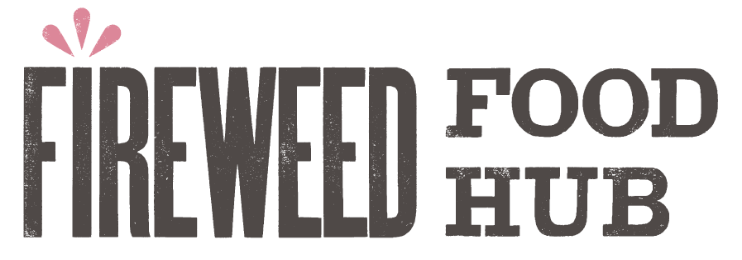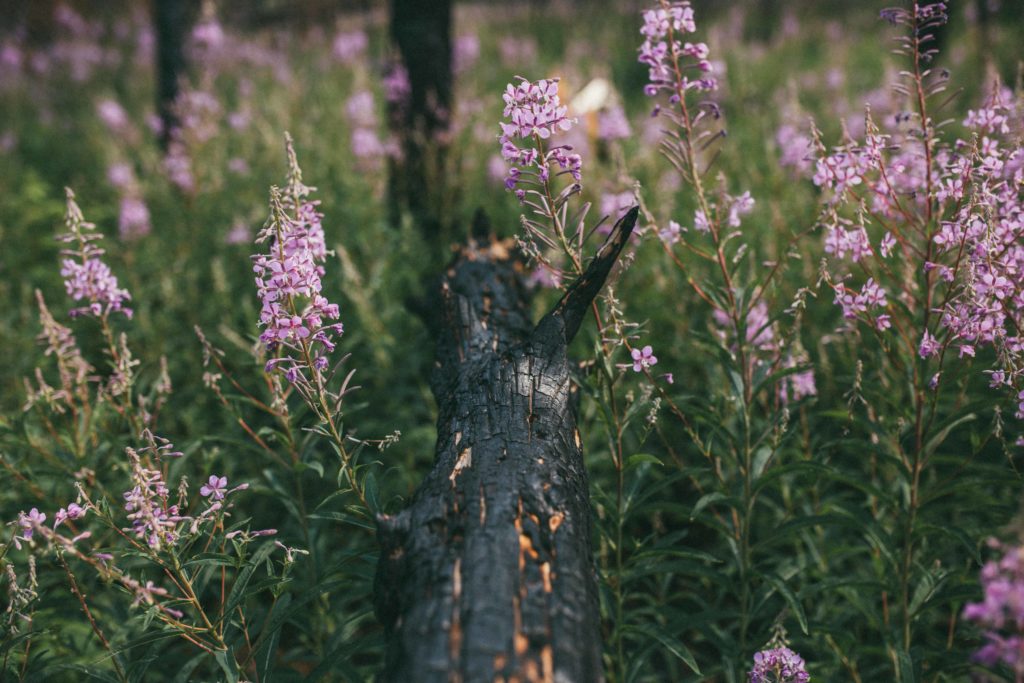Our
Story
Fireweed Food Hub was launched in 2020 by Fireweed Food Co-op (FFC), a non-profit multi-stakeholder co-operative with a mission to reduce barriers and increase participation in the regional food system for producers and eaters alike.
FFC (est. 2016) was formed by a group of concerned community members (Katie Daman, Kelly Janz, Nicholas Rempel, James Magnus-Johnson, Leanne Dunne, and Reuben Van Gaalen) who had met during a series of “Transition Talks.”
They discussed how Manitoba’s food system is dependent on fossil fuels and how overtime, our food system will not only be contributing more to climate change, but also becoming increasingly vulnerable. Disruptions, such as the pandemic, or the worsening climate crisis will affect all Manitobans.
From this came the idea of a Food Hub. By aggregating locally grown food, the Food Hub fills an important gap in the supply chain that smaller scale, sustainable producers often struggle to bridge, making it easier for wholesale customers to source local and small producers to increase their sales. In doing so, the Food Hub provides a competitive alternative to the global supply chain and increases resiliency in the local food system.
This is the start of a more just, sustainable regional food system.
Food Hub Vision & Impacts
A JUST LOCAL ECONOMY
Creating cooperatively owned economic infrastructure that reduces barriers for local producers to access new market opportunities, and makes local food more accessible for more buyers.
Impact
Economic empowerment through increased revenue and access to market opportunities for small to mid-sized producers, including ones who otherwise face barriers to direct marketing due to language, marketing skills, internet connection, etc.
ECOLOGICAL SUSTAINABILITY
Striving towards supporting and collectivizing regenerative and sustainable food producers to help address the climate crisis in our region.
Impact
Decreased emissions from farming overall and increased regional food system climate resiliency through the scaling up of sustainable and climate- adaptable low-input farming methods.
A THRIVING COMMUNITY
Prioritizing stakeholder involvement in our work with active and ongoing spaces for input from our producer co-op members, supporter members, and community project advisory groups. We believe in creating exciting spaces for producers and eaters to gather, connect and learn!
Impact
Increased agency and opportunities for meaningful participation for individuals in the food system.
FOOD ACCESS FOR ALL
Building relationships with like-minded groups working towards sustainable and just food systems, creating our own programs for front-line food access, and sharing information on the importance of a community-led food system.
Impact
Increased regional food security through a more resilient, robust local supply chain and scaling up of sustainable and climate- adaptable low-input farming methods
IMPACT FACTS
(As of April 2023)
$343,000
in sales for Manitoba producers since June 2020
325 lbs
(avg) of nutritious local food donated per week to families in need through our Waste-Not Program
23 hours
The Food Hub saves producers, on average, 23 hours of work per week compared to their other sales channels
Since we opened our doors, we have subsidized the sale of over $20,000 of nutritious local food from our producers to two community organizations providing thousands of front line meals to vulnerable communities affected by COVID-19.
Our Approach to Food Security
Food security– that is, increasing the availability and access to good food for all people — is at the core of the Food Hub, never an afterthought or side project.
Ultimately, we believe tackling food insecurity requires a food-systems approach. For us, that means increasing access to local food and ensuring its stable supply by scaling up sustainable food production and creating more equitable and sustainable distribution. But this is long-term work.
In the meantime, we are taking a grassroots approach to addressing food insecurity by supplying nutritious local food to front-line community organizations and working to divert local food waste from farmers’ markets to food insecure households. Eventually, we hope to get local food into institutions, like hospitals, schools and care homes, so that nutritious local food can trickle down to all the people they serve, regardless of their income.
Below are some of the food security projects you support when you purchase from the Food Hub:
- Waste-Not Food Box Program: diverting local food waste from farms and farmers’ markets to community organizations and food insecure households.
- The Veggie Van: a mobile market providing subsidized fresh local food to underserved communities in Winnipeg (in partnership with Norwest Food Co-op, West Central Women’s Resource Centre, and North Point Douglas Women’s Centre).
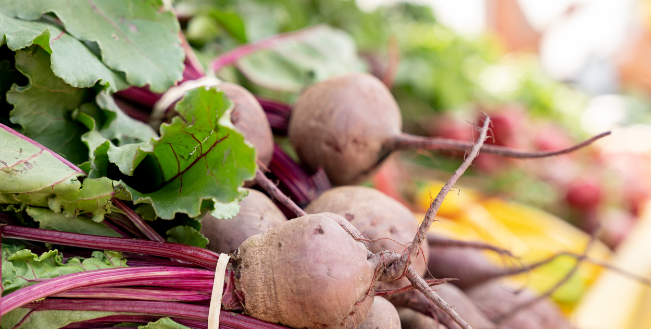
Since July 2020, we have provided 1,200 weekly healthy local food hampers to community members in need via partnership with the Mutual Aid Society.
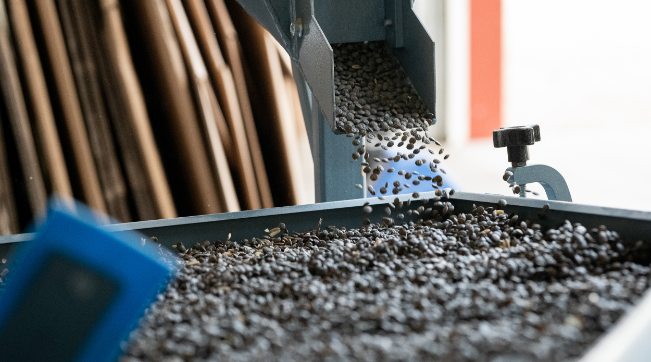
Our Team
HERE ARE THE PEOPLE WORKING TO MAKE THE FOOD HUB HAPPEN!
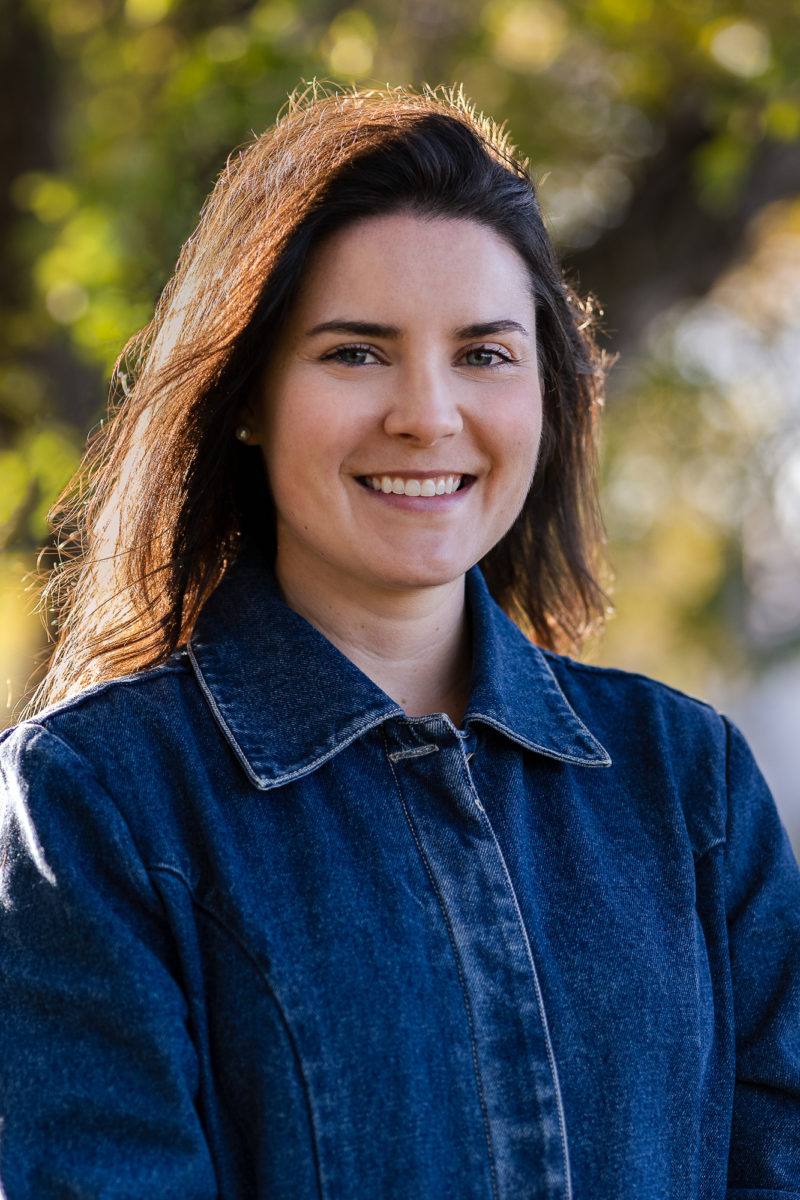
Laura Pelser (she/her)
Communications & Partnerships Coordinator

Lex van Dyck (they/them)
Supplier Coordinator

Derek Bassey (he/him)
Office & Finance Coordinator
Peter Hill (he/him)
Sales Coordinator
OUTGOING
STAFF
Asha Nelson (she/her)
Projects Coordinator
Katie Daman (she/her)
Co-Chair
Hannah Muhajarine (she/her)
Co-Chair
Board of Directors
Owen Campbell (he/him)
Secretary
Scott Robinson (he/him)
Treasurer
Tessa Wiwchar (she/her)
Director
Kaley Young (she/her)
Director
Geert Hemelings (he/him)
Director
Jenna Drabble (she/her)
Director
Jeanette Sivilay (she/her)
Co-Chair
Carmen Grey (she/her)
Director
Taryn Lucas (she/her)
Co-Chair
Nicole Lamy (she/her)
Director
